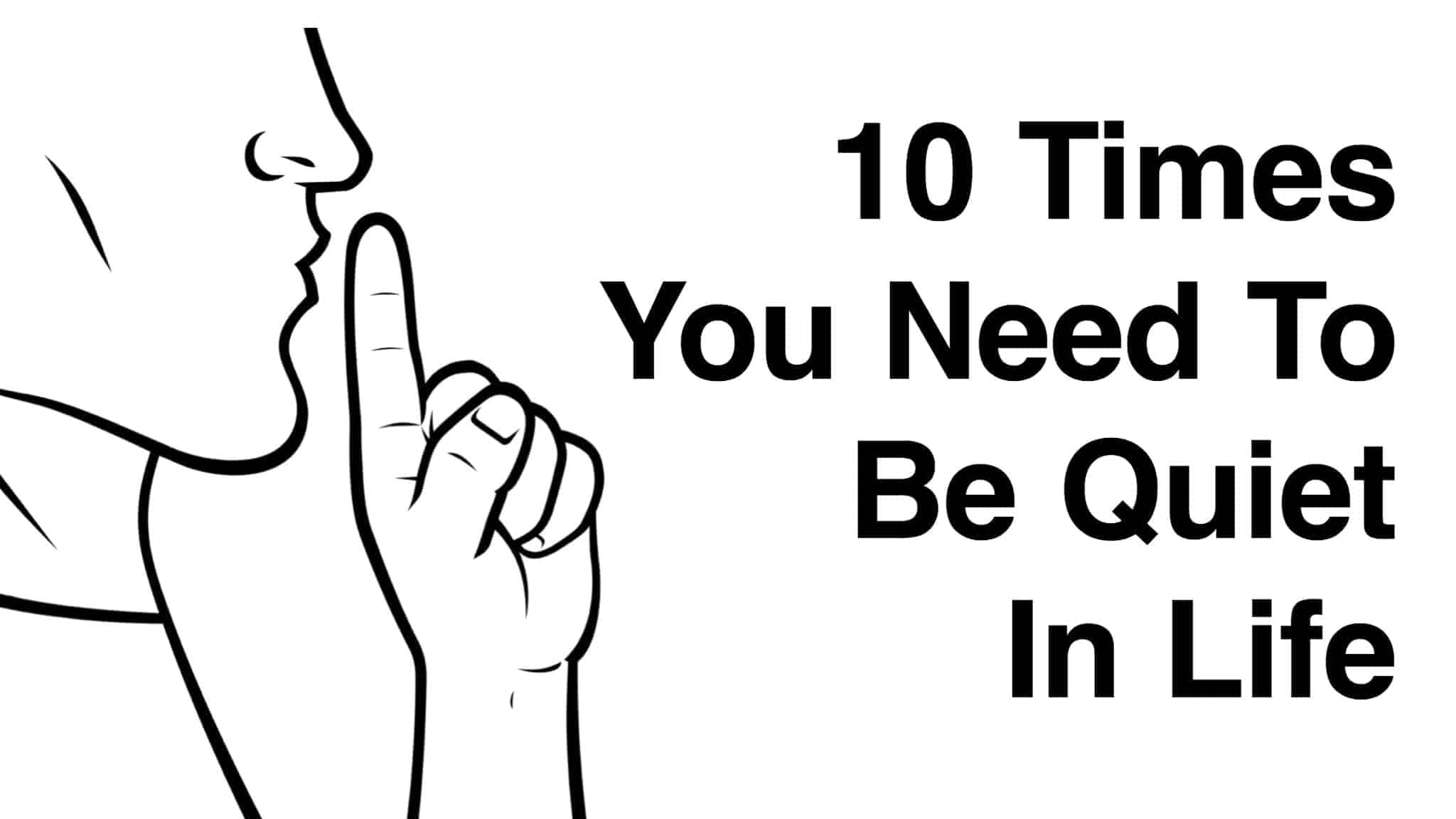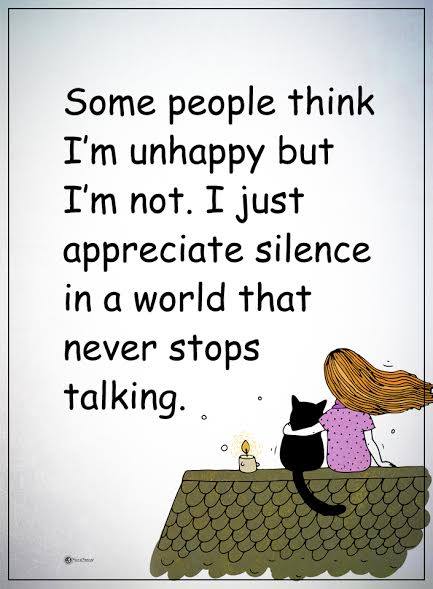Do you often feel the need to slip away for some quiet?
“There is time to be quiet and a time to talk.” – Aung San Suu Kyi
Odds are most people reading this do not recognize the name Aung San Suu Kyi. Ms. Suu Kyi is the first and current State Counselor and Leader of the National League for Democracy of Myanmar – formerly known as Burma. In 1991, “The Lady” as she is known by her compatriots, was awarded the Nobel Peace Prize. The committee that nominated Suu Kyi called her “an outstanding example of the power of the powerless.”
From 1948 to 2010, then-Burma had been engaged in a civil war consisting of approximately 30 insurgent groups (today, just five remain.) Suu Kyi spent most of the time throughout the late-80’s to 2010 in some form of “detention” for her vocal democratic views.
Now the country’s de-facto leader, Suu Kyi has made non-violence her priority. Citing her role models like Martin Luther King Jr. and Mahatma Gandhi, the leader understands – and steadfastly demonstrates – her strongly-held belief that quiet is as important, if not more so than talk.
Indeed, there are times when it’s more beneficial to remain quiet than speak up. (A lesson that many of our politicians at home could use.)
In our personal lives, we needn’t be a politician or another prominent figure to recognize the time and place for quiet.
Here are ten times we’d do well to be quiet in life:
1. When you don’t have the necessary facts
Harlan Ellison, one of history’s most prolific writers, once said “You are not entitled to your opinion. You are entitled to your informed opinion. No one is entitled to be ignorant.” You may or may not agree with Ellison’s sentiment, but speaking about a topic of which you have no facts or evidence may well be perceived as absentmindedness.
If it’s a sensitive issue, we’d do well to hold our tongue until we know all the facts.
2. When you have a feeling the words will hurt
In the midst of a heated discussion, most (all?) of us have said something that unfairly hurt someone else. Being honest with ourselves, we felt the aftereffects of the words before they were said. In other words, we knew the sting that those words would produce – and said them anyway.
When tempers are high, our talk-to-quiet ratio should be low. Speaking of which…
3. When you have a sense you’ll be ashamed
#2 and #3 are often inclusive. When we replace coolness and logic with hotheadedness and impulsivity, the changes of us hurting someone else and ourselves skyrockets.
Feeling ashamed of something that shouldn’t have ever been said isn’t worth it.
4. When it’s not our place to speak
The truth is that focused, fully attentive listening (i.e. active listening) is rare. Too many people would rather be heard than hear – and this is something that can kick us in the rear in every part of life.
Understanding and being skilled in active listening can lead to new insights, expand knowledge, and improve our relationships.
5. When we have nothing to say
It’s ironic that “uncomfortable silence” is unbearable, but small talk is a social skill. Chatter among friends is nice, but why should we feel obliged to say something when there is nothing?
(Silence)
6. When you’re being taunted
Nobody is immune to not being liked for no good reason. Nobody is immune to bullying, even as we age. There’s not one good reason to respond to anyone whose objective is to taunt you. You have the self-control to end a conversation – use it.
7. When you’re trying to change a related behavior
Understanding and making an attempt to break a bad habit is a noble act. Changing our behavior can also be quite difficult at times. Habits often repeat themselves because we don’t actively watch and intervene.
When it comes to changing how we speak to ourselves and others, an influx of conflicting thoughts and feelings will arise. It is important to remain silent until we’re able to regain control.
8. When your negative emotions are high
Once again, there is no unwritten law that you must speak to people. There is certainly no unwritten law that says you must talk to people when in a bad state. As mentioned, negative emotions have a way of clouding our judgment – and this can lead us down a path we don’t want to go.
9. When you could be doing something productive
Why are you chattering 100 words a second about nothing-in-particular when you could more wisely invest this time? Unsurprisingly, engaging in a random conversation is a common means of avoiding responsibilities.
What could you be doing instead that will better your life?
10. When your words will poorly reflect on someone
Speaking about someone with intent to inflict harm upon their character is a foolish act. It’s a no-win situation. This is particularly the case when this “someone” is a spouse, relative, friend, or colleague.
If a problem exists between you and someone else or vice-versa, take it up with them personally. Rise above the negative talk and show some character.

















